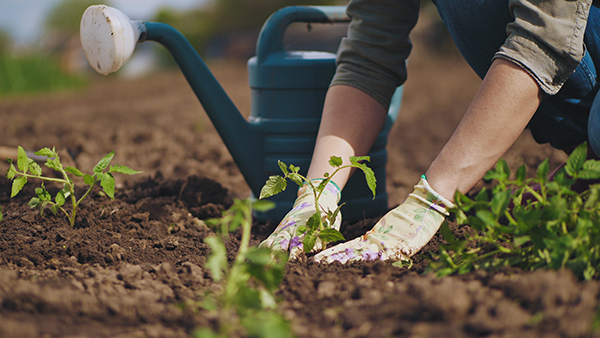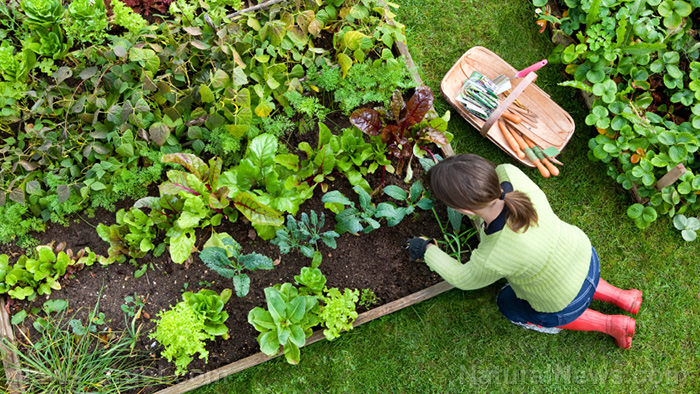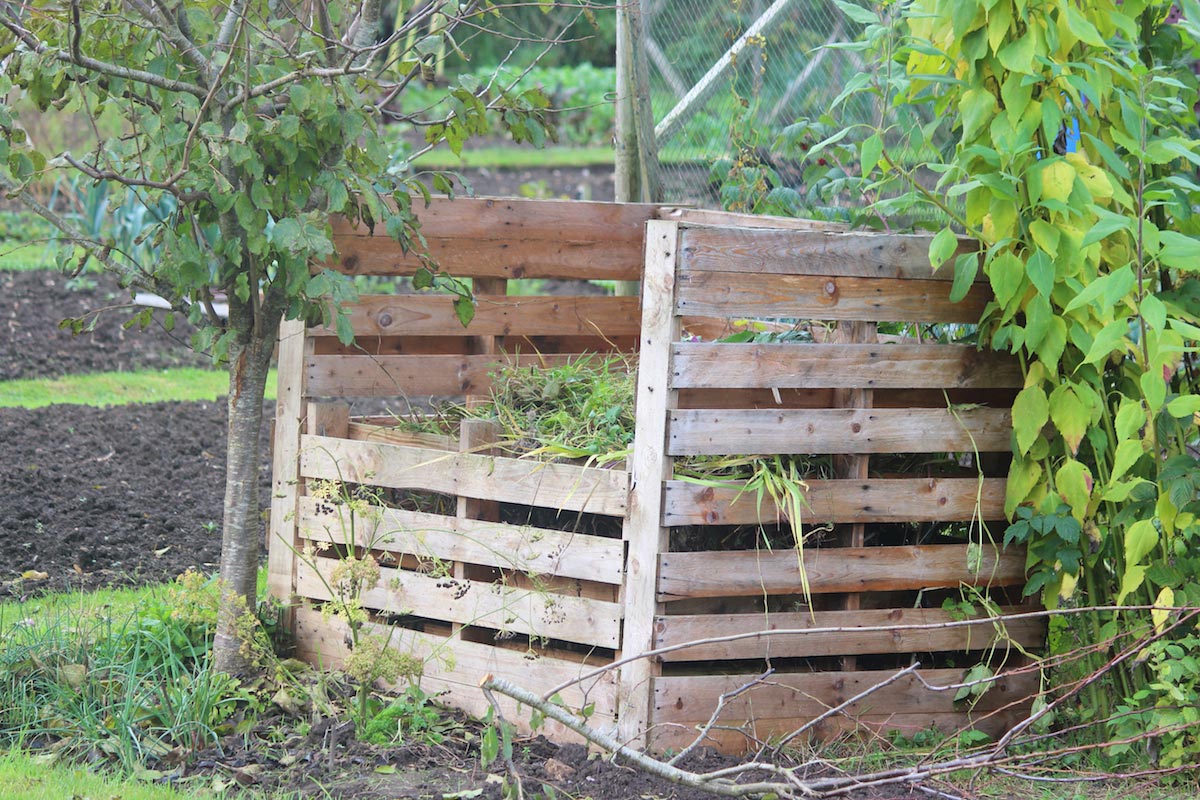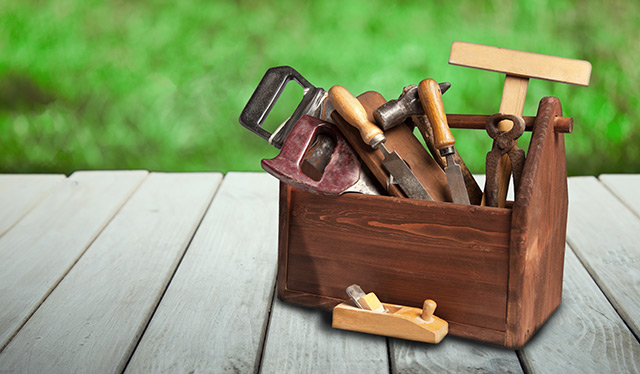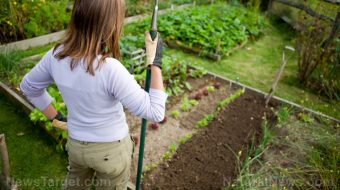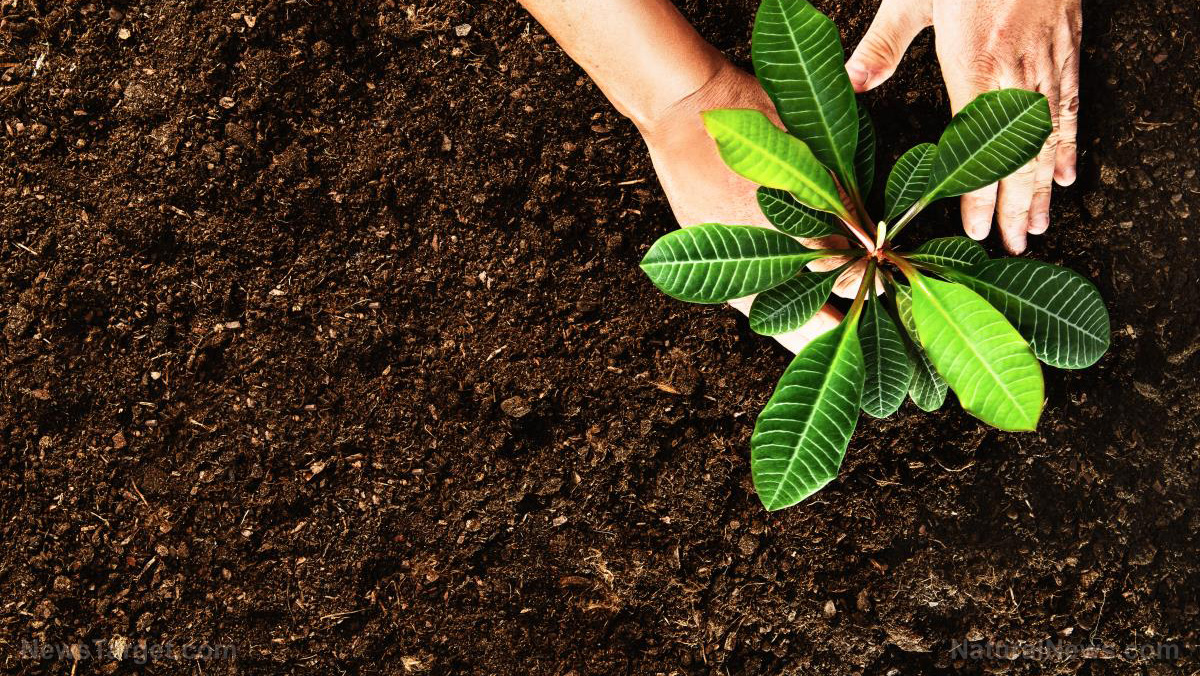
Below are six common things that you can turn into an organic fertilizer. An organic fertilizer is a fertilizer derived from organic sources, including organic compost, cattle manures, poultry droppings and domestic sewage.
Banana peel
Rich in calcium, magnesium and potassium, banana peels boost photosynthesis and help with the creation of food for your plants (chloroform).
Place one banana peel in a Mason jar, fill it with water and let it sit for two to seven days. After about a week, pour the banana water into a big watering can and throw the peels aside for composting. Water your plants with your vitamin water. (Related: How to make your DIY fertilizer.)
Bone meal
Bone meal fertilizer, also known as organic bone meal, is a mixture of coarsely-ground animal bones and slaughterhouse waste products. It is an ideal additive for growing root crops (beets, carrots, onions, potatoes, radishes and others) and flowering plants (dahlias, lilies, roses and tulips).
This organic fertilizer increases phosphorus in the soil for optimal spring gardening results. Bone meal fertilizer also contains calcium that can give you better pepper, tomato and zucchini yields by preventing blossom-end rot.
Before you begin using this fertilizer, you must have your soil tested to make sure it needs phosphorus – otherwise, you risk overfertilizing, which can damage and/or kill your plants.
Use one tablespoon of bone meal fertilizer for every two square feet of soil. Mix or rake the bone meal into your garden soil and consider adding a small amount of bone meal fertilizer inside planting holes prior to planting.
Chicken litter
Chicken litter has high levels of calcium, nitrogen phosphorus, potassium and organic matter. It is considered superior for soil conditioning than chemical fertilizers as it increases the soil's water-holding capacity, improves aeration and drainage and reduces erosion and fertilizer leaching.
Like other animal waste, chicken litter may harbor pathogens, such as Escherichia coli, Salmonella and others, so proper handling and precautions (e.g., wearing protective gloves) are necessary to reduce risk to humans and pets.
Chicken litter should be composted in about five to six weeks to reduce the ammonia content, so it will not "burn" your plants. It will also reduce the total volume, weight and odor of your stockpile and the composting process will inhibit disease-causing microbes from reproducing. (Related: Organic fertilizer alternatives: Composted chicken litter promotes sustainable agroecosystems with minimal nutrient leeching.)
Livestock manure
Cow dung is a good source of nitrogen and organic carbon suitable for plant growth. Goat manure composts more quickly and is higher in nitrogen than horse and cow manure. It is an excellent fertilizer and soil conditioner for herbs, vegetables and other crops.
Livestock manure should be kept as dry as possible. Wet manure provides a breeding ground for flies and will lead to the presence of maggots. Experts recommend a roofed storage area to keep manure as dry as possible when stored for long periods of time.
Farmers incorporate manure into the soil or inject it under the soil surface to reduce the risk of runoff losses and odor problems. You can mix up to three-inch layer of your manure fertilizer into the soil until you have the desired consistency for your plants.
Used coffee grounds
Used coffee grounds help absorb and convert soil nutrients and boost photosynthesis.
Keep it in a tin in the fridge and add your used coffee grounds every day until it is full or until you're ready to garden.
Apply your coffee grounds as mulch on top of or mixed into your soil when planting or replanting plants and vegetables. Mix it in at least a few inches from the surface so that it is covered by the soil.
Wood ash
Wood ash is a good source of calcium, magnesium, potassium and phosphorus. It helps increase soil fertility and raise soil pH by neutralizing acidic soil.
Collect the ashes from your wood-burning fireplace and store them in a tin to keep them dry.
Sprinkle the wood ash over your garden like you would chicken feed for your chickens. Apply to plants that like alkaline soil, such as asparagus and mock oranges.
Learn more about organic fertilizers at Homesteading.news.
Watch this video to learn how to make liquid gold – a homemade natural organic fertilizer.
This video is from The African Blogger channel on Brighteon.com.
More related stories:
Pee cycling: Key to alleviating fertilizer shortages.
Organic fertilizer blend effective at lowering cadmium levels in soil.
Soils treated with organic fertilizer are healthier, produce stronger plants.
Sources include:
Please contact us for more information.
















